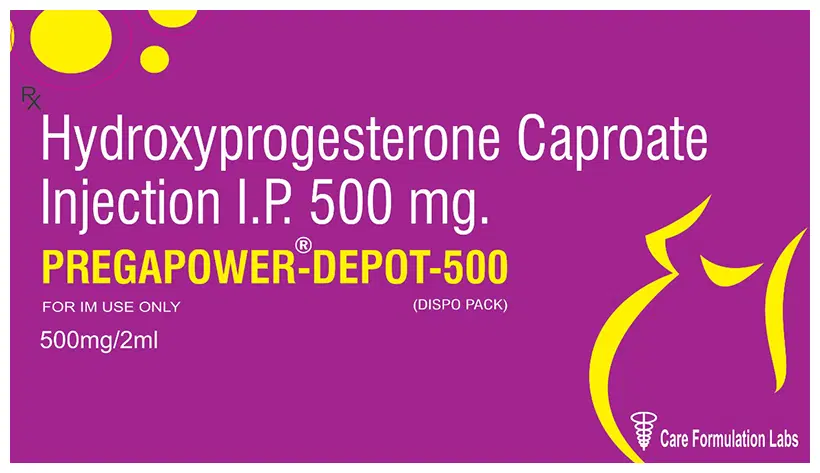Premature labor
Premature labor refers to the onset of labor before the 37th week of pregnancy. This can lead to the birth of a premature baby, who may face health challenges due to their underdeveloped organs and systems. Premature labor can be caused by various factors, including preterm premature rupture of membranes (PPROM), infections, and certain medical conditions.
Typical medications used to treat or prevent premature labor include:
Progesterone injections: These injections are given to pregnant women at high risk of preterm birth. Progesterone helps to strengthen the cervix and delay labor, allowing the baby more time to develop in the womb.
Tocolytics: These medications, such as magnesium sulfate and nifedipine, are used to temporarily stop or slow down contractions and prevent preterm birth. They are often administered in a hospital setting under the supervision of healthcare professionals.
Corticosteroids: These medications, such as betamethasone and dexamethasone, are given to mothers whose babies are at risk of developing respiratory distress syndrome (RDS) due to premature birth. Corticosteroids help to stimulate the baby’s lungs to mature more quickly, reducing the risk of RDS.
Antibiotics: In cases where premature labor is caused by an infection, such as chorioamnionitis, antibiotics may be prescribed to treat the infection and help prevent preterm birth.
Consult with a healthcare professional before taking any medication, as they will determine the appropriate treatment based on individual circumstances.

Showing 301–312 of 321 results
Showing 301–312 of 321 results

